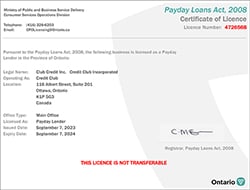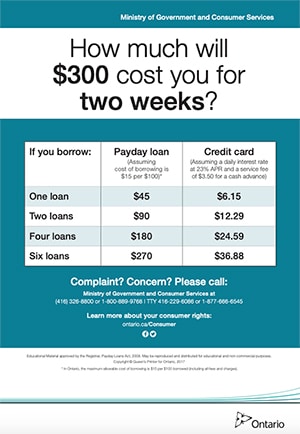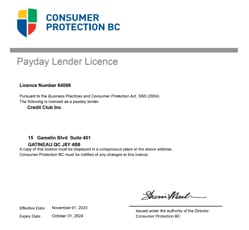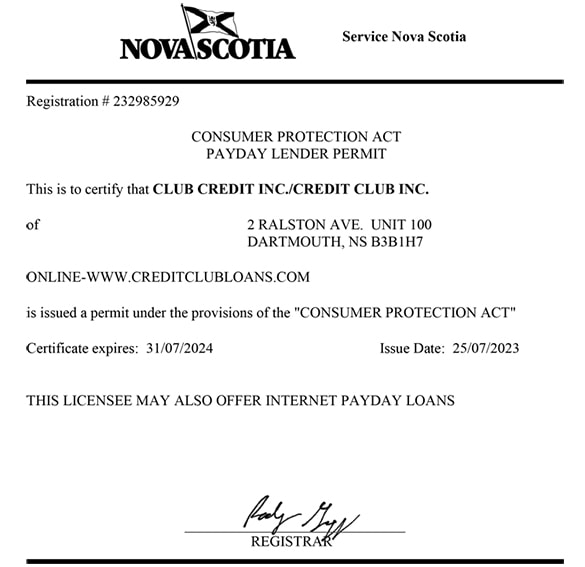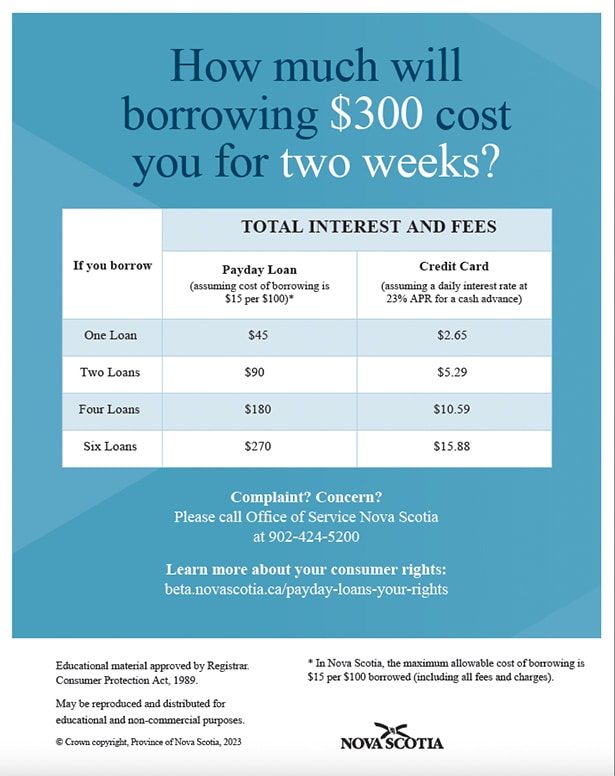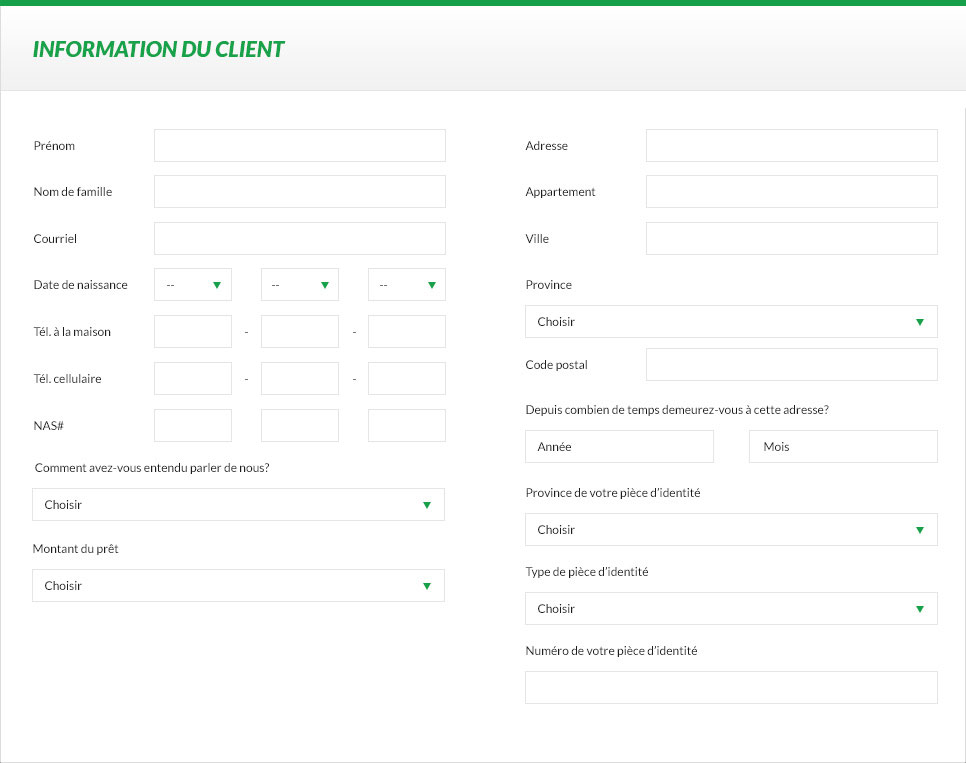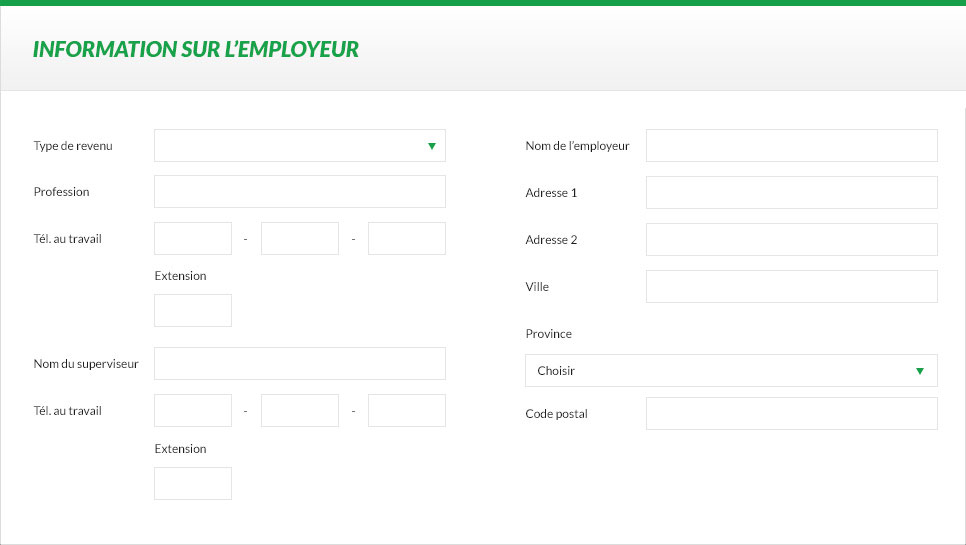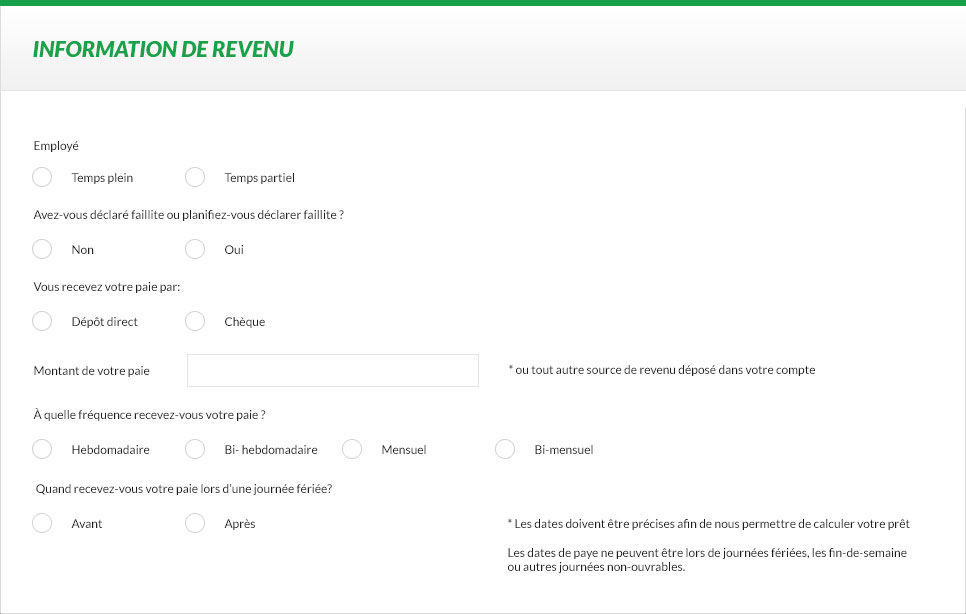Secured Vs. Unsecured Loans: Which Should You Use And Why?
Loans play a crucial role in our lives, irrespective of one's financial capabilities; they help to cover the cost of purchasing a house, tertiary education, upscaling a business, and even during emergencies.
Regardless of your reason for acquiring a loan, you're always presented with two types: secured and unsecured. Secured loans require collateral if you fail to repay, while Secured loans don't require your possession but assess your financials.
Naturally, both loan types come with benefits and drawbacks, and this article will dive deeper, giving you all you need to know to choose between a Secured or Unsecured loan. Read on!
What are Secured Loans?
A Secured loan is one where you borrow money backed up by collateral; in other words, banks, credit unions, and other financial institutions will only support you with money if an asset is pledged.
Car and Mortgage loans are good examples of this loan type and are named "Secured loans" because there is less risk if the lender doesn't repay the loan. In this case, the bank will seize the collateral as payment, leaving a repossession on the lender's credit report for seven years.
Kinds of Assets Used as Collateral
Financial institutions legally own your asset once it's declared as collateral in a Secured loan contract and is later released once your loan is replayed. The investments vary, and here are some examples of acceptable collateral:
-
Vehicles (boats, cars, SUVs, trucks, motorcycles, etc.)
-
Real estate (duplexes, townhouses, condos, single-family homes, etc.)
-
Stocks, bond investments, and mutual funds
-
Valuable items (Gold, diamonds, antiques, paintings, etc.)
-
Insurance policies (Term or Whole life insurance policy)
Despite being a standard loan option, many people shy away from Secured loans due to the risk of losing a valuable asset. Furthermore, these banks analyze your creditworthiness before considering whether to collect your collateral and provide the loan.
Advantages and Disadvantages of Secured Loans
Secured loans are straightforward, provide collateral and receive your money; nevertheless, this method has pros and cons, and this section will outline them.
Pros:
-
Borrowers can request more money since lenders are confident about receiving their money back via loan repayment on asset sale.
-
Some Secured loans, like home equity loans and mortgages, allow borrowers to take annual tax deductions for interest paid mom the loan..
-
Secured loans have a lower interest rate than secured ones due to the small financial risk lenders take.
Cons:
-
Most Secured loans are only used to purchase specific assets like a home, car, or business expenses. Only home equity loans are an exception to this rule.
-
The borrower risks encountering financial complications since the lender can legally take their pledged property without repayment.
What are Unsecured Loans?
Unsecured loans, often regarded as a unsecured personal loan, are the opposite of Secured loans because they require no collateral to acquire. Credit cards, personal loans, and student loans are good examples of this type of loan.
This loan type is considered secure since they're riskier for lenders due to the absence of collateral in case of an inability to pay. For this reason, Unsecured loans thoroughly assess the borrower's credit score and debt repayment history to determine whether they're worth the risk.
It's worth mentioning that this loan type has grown in popularity, with statistics from LendingTree showing that 22.5 million Americans have a personal loan as of the fourth quarter of 2022, up from 19.9 at the end of 2021.
The primary drawback with Unsecured loans is their higher interest rates than Secured loans since lenders take more risk without collateral. Nevertheless, approximately 12 million Americans use Unsecured loans yearly in the form of payday loans.
Advantages and Disadvantages of Unsecured Loans
Unsecured loans are relatively unconventional since they involve no collateral and depend on the borrower's repayment history and credit score. Naturally, these types of loans have benefits and drawbacks, and this section will outline them.
Pros:
-
You can acquire an Unsecured loan even when you don't have any valuable assets to our as collateral
-
The process for obtaining an Unsecured loan is easier and faster than a Secured loan
Cons:
-
Most Unsecured loans have higher interest rates than Secured loans since lenders take more risk without collateral
-
Getting a Secured loan may be more difficult if you have a poor credit history or an irregular income. In such situations, a co-signer with a good credit history and steady income can sign the loan documents for you.
Maximum Amount to Borrow with a Secured and Unsecured Loan
An unsecured debt usually offer borrowers a maximum of £50,000, but some rare lenders occasionally exceed this amount. This small standard amount is based on the risk associated with Unsecured loans since lenders only take your financial history as reassurance that you'll repay the loan.
With no property or valuable assets to trade in case you default, these loan companies will have to go through unfortunate processes to ensure repayment, often losing money. Therefore, they only offer borrowers a small amount to reduce risk.
On the other hand, Secured loans allow borrowers to take large sums of money with a limit based on the bank's capacity collateral provided. This liberty is based on the confidence that the financial institution can sell your collateral and recover their money if you cannot repay the loan.
However, it's essential to consider that while there's more liberty with Secured loans, borrowers pay over a longer time frame, which affects the overall interest since they pay for longer.
What you can do with Secured and Unsecured Loans
Many loan providers offer 24/7 service to properly assess and determine whether you're eligible for a loan, and during this process, they can ask why you need one. Your answer usually doesn't affect getting the loan (depending on the loan type) as long as you're eligible.
For example, banks give out Secured loans for purchasing assets like business equipment for upscaling alongside cars, real estate properties, etc. On the other hand, attempting to take Secured loans for weddings or birthdays is invalid as they fall under personal loans (Unsecured loans).
Unsecured loans help handle small personal matters like debt consolidation, financing an event, or improving your home. Some finance institutions even offer no credit checks when offering Secured loans but with a small payout and high-interest rate; nevertheless, they're ideal for handling personal affairs.
Repaying a Secured Loan vs. an Unsecured Loan
The repayment plan also affects the efficacy of both loan methods, but typically, borrowers repay both Secured and Unsecured loans in monthly installments over the previously discussed period.
However, monthly repayments for Secured and Unsecured loans are often different, as Secured loans typically have variable interest rates. This flexibility subjects your monthly Secured loan payments to change whenever the interest rate changes.
On the other hand, Unsecured loans have fixed interest rates, requiring you to pay the same amount every month over the agreed term.
It's worth noting that the repayment terms are equally different, with Secured loans having a longer period. This extended time is due to the large amounts Secured loans offer, allowing for proper repayment at an appropriate time.
Alternatively, Unsecured loans typically have a shorter payment period due to the amount given, except for student loans.
Defaulting on Secured and Unsecured Loans
It's not uncommon for borrowers to face financial complications and be unable to repay a loan. In fact, roughly 3 million people with student loan debt were in default at the end of 2021.
If you fail to repay a Secured loan, you naturally lose the asset you pledged as collateral when taking the debt. Collaterals are valuable items like real estate properties and cars, making it a risky venture for borrowers with uncertain financials.
On the other hand, failing to repay an Unsecured loan doesn't put your home, car, or any asset at immediate risk. However, your credit score will plummet, and you may face court action, ruining your ability to acquire loans in the future.
Which is Better: Secured or Unsecured Loans?
Lenders typically prefer Secured loans as a good idea since it guarantees their money back, irrespective of their financial situation. On the other hand, borrowers experience lower interest rates with Secured loans but risk losing the pledged collateral.
The decision on which loan option is best depends on your current requirements, as Secured loans are ideal for financing projects like upscaling a business or financing a car (Auto Loans) or house.
On the other hand, while Secured loans often come in the form of student loans, car loans, and credit cards, different variants exist, such as short-term and payday loans. These unsecured loans provide fast cash without collateral or any form of a pledge.
They're often ideal for escaping emergencies, buying groceries, paying credit card debt, and more. Naturally, they come with a higher rates than Secured loans; nevertheless, they're a practical option for people looking for quick loans that offer same-day deposits for emergencies.
Additionally, the repayment period is another factor worth considering as secured loans typically have a longer term plan due to the large amount given. On the other hand, unsecured loans have a shorter span accompanying the relatively small amount provided.
Ultimately, the loan type you choose depends on your requirements and financial situation.





